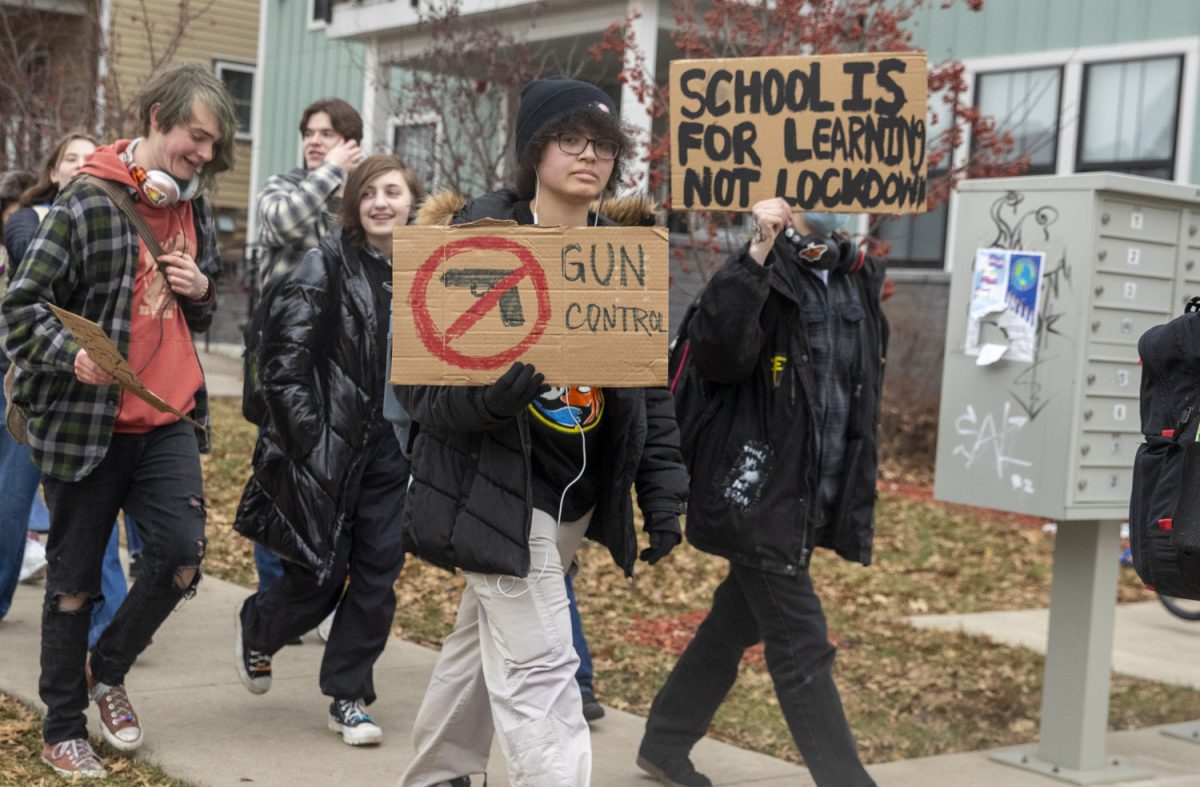Last night, the Fox Business Network held the fourth Republican debate. Featuring “only” seven candidates this time around, the debate allowed those on stage to show substantive differences in policy, though some were clearer than others.
On minimum wage, every candidate asked whether he or she would raise it said no, but had varying reasons not to do so. Donald Trump actually said wages were “too high” and that we couldn’t compete with countries such as China. Others, such as Ben Carson, said they wanted to create opportunity for workers to advance higher up the job ladder, while Marco Rubio focused on improving the economy in general.
Expanding opportunity or creating more jobs is typically the answer that those opposed to raising the minimum wage give as a justification, and in theory, this would be a good alternative to the minimum wage. But the problem is that many people are still dependent on the wage to make a living. According to the Bureau of Labor Statistics, 3.6 million workers make wages at or below the federal minimum wage. Any plan to remove the minimum wage must take these workers into account.
An interesting moment in the debate came when Jeb Bush and John Kasich turned against Trump on the deportation of 11 million immigrants, saying that it wasn’t realistic and would rip families apart. But Sen. Ted Cruz drew a distinct economic tie to the issue and, with a jab at media coverage of illegal immigration, said the situation might look different to the media if a “bunch of people with journalism degrees were coming across the Rio Grande.”
The candidates also differed on taxation. Several candidates on the stage supported a flat tax, for Sen. Rand Paul this was 14.5 percent, while Cruz and Carson both proposed a 10 percent flat tax. The details of how these plans would balance the budget weren’t fully explored, but Cruz said his plan factored in economic growth.
Paul and Cruz also clashed on the role of America’s military and how much military spending was necessary to protect the country. Paul pointed out that America spends more on its military than the next 10 countries combined, which is close to the truth: In 2014, the U.S. defense budget was $581 billion, which was exceeded by the combined defense spending of the next nine countries at $588 billion. The debate on how much spending is necessary for the military to protect the nation is one that will most likely be repeated by these candidates and may shape how they distinguish themselves from one another in the future.
On foreign policy, Trump and Bush differed on America’s role in the world. Trump supported allowing Russia to attack ISIS, which might include, in his view, rebel groups in Syria. He called for an end to America being the “world policeman.” Bush and Carly Fiorina were quick to jump on this comment, declaring that America must lead in the world. This section of the debate might have been the only one where Russian President Vladimir Putin was mentioned more than Hilary Clinton. Fiorina said she wouldn’t even talk to him, Rubio called Putin a gangster, and Paul was the only candidate asked about the issue to favor diplomacy.
Overall, the tone of the debate was significantly more combative than in debates past. Part of this was because of the lax moderation; the soft “ding” of the timed response bell rang out often with little effect. But with a narrowed debate stage, the candidates were also able to engage each other more often, and the differences in their policies became clearer.










